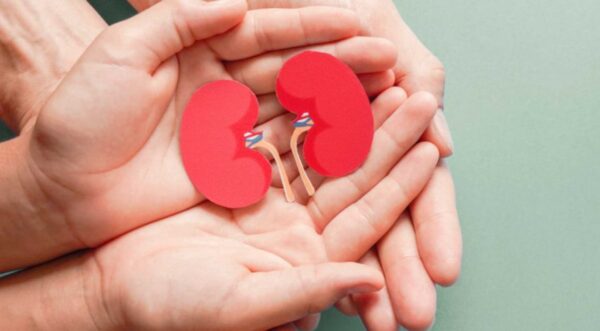Lifestyle
7 common medications that can damage kidneys

Kidneys, one of the most important organs in our body, carry out the important task of discarding waste and extra fluids from the blood, keeping our body working at all times.
However, when kidneys turn weak, your body can fall seriously sick, and the condition can be fatal too.
While many factors can cause failure of kidneys as well (Such as diabetes, high blood pressure, and genetic conditions), do you know that certain medications too can damage kidneys, if taken long-term?
Take a look…
1. Nonsteroidal Anti-Inflammatory Drugs (NSAIDs)
NSAIDs are extremely useful pain relievers used for headaches, muscle pain, arthritis, and fever. While they help reduce pain and inflammation, taking NSAIDs regularly or in high doses can reduce blood flow to the kidneys. This can cause kidney damage or even kidney failure, especially in people with existing kidney problems, heart failure, or liver disease. It is best to use NSAIDs only when needed and at the lowest effective dose for the shortest time possible
2. Bisphosphonates (Osteoporosis Medications)
Medications like zoledronic acid (Reclast) are used to treat osteoporosis and certain cancers. Though rare, these drugs can cause serious kidney damage, especially in people with preexisting kidney disease. Doctors usually avoid giving these medicines to patients with abnormal kidney function.
Disclaimer: These medicines usually cause issues only in the long term. If you have been prescribed these medications, do not stop them abruptly without consulting your doctor first
3. Laxatives Containing Sodium Phosphate
Some laxatives, especially those containing oral sodium phosphate used before colonoscopy, can harm the kidneys by causing phosphate crystal deposits. This can lead to acute kidney injury and loss of kidney function. These laxatives should be used cautiously, especially in people with kidney problems
4. ACE Inhibitors and ARBs (Blood Pressure Medications)
Medications like lisinopril, enalapril, and ramipril belong to a group called ACE inhibitors, which help control high blood pressure and protect the heart. However, because these drugs are processed through the kidneys, they can sometimes cause kidney injury, especially if you are dehydrated or taking other kidney-harming medicines. Doctors usually monitor kidney function closely when prescribing these drugs and adjust doses as needed
5. Antibiotics and Antiviral Drugs
Certain antibiotics and antiviral medicines can harm the kidneys in different ways. Some form crystals that block urine flow, while others damage kidney cells directly. Examples include aminoglycosides, vancomycin, acyclovir, and tenofovir (used in HIV treatment). People with existing kidney problems or dehydration are at higher risk. Doctors often adjust doses or choose safer alternatives to protect kidney health.
6. Proton Pump Inhibitors (PPIs)
PPIs like omeprazole (Prilosec) and esomeprazole (Nexium) are widely used to treat heartburn and acid reflux. Long-term use of PPIs has been linked to chronic kidney damage and increased risk of kidney failure. If you take PPIs regularly, it is important to discuss with your doctor whether you need to continue or switch to other treatments
7. Diuretics (Water Pills)
Diuretics help remove excess fluid from the body and are commonly used for high blood pressure and swelling. However, they can cause dehydration if not used properly, which puts stress on the kidneys and can lead to damage. Proper hydration and regular monitoring are important when taking these drugs.










